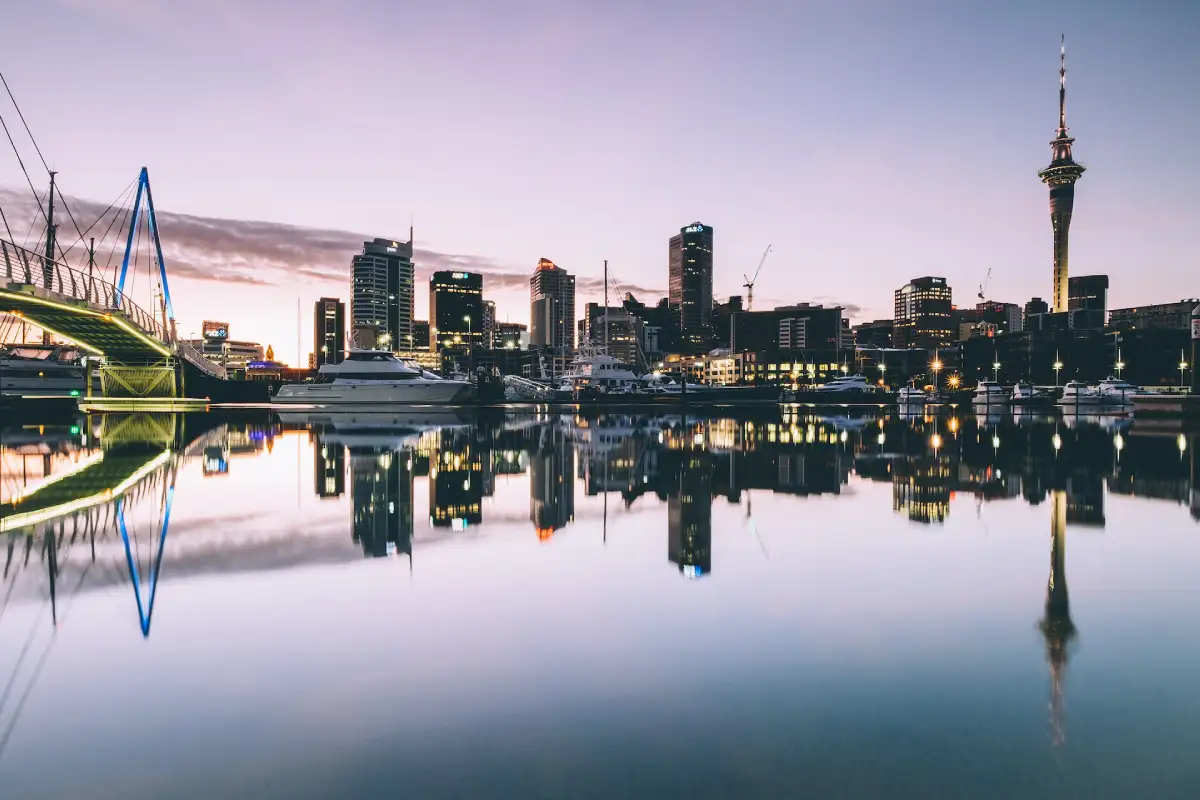
Auckland, the largest city in New Zealand, is a popular destination for those who are looking to immigrate to a new country. With its stunning natural beauty, diverse population, and strong economy, Auckland offers many opportunities for those who are willing to make the move.
For those who are considering immigrating to Auckland, there are several important factors to keep in mind. First and foremost, it is important to understand the immigration process and the requirements that must be met in order to obtain a visa.
Additionally, prospective immigrants should research the job market, housing options, and cost of living in Auckland to determine if it is a feasible option for them.
Despite the challenges that come with immigrating to a new country, Auckland offers many benefits for those who are willing to take the leap. From its vibrant culture to its stunning natural landscapes, Auckland is a city that is full of opportunities and possibilities for those who are looking for a fresh start.
If you’re looking to make your migration easy, consider hiring immigration experts in Auckland to help you navigate the complicated process.
Types of visas available:
- Auckland, New Zealand, offers various types of visas to immigrants, including:
- Work visas: for those who want to work in New Zealand
- Student visas: for those who want to study in New Zealand
- Visitor visas: for those who want to visit New Zealand for tourism or business purposes
- Family visas: for those who want to join their family members who are already living in New Zealand
Employment Opportunities
Industries with high demand for workers
Auckland is a city with a diverse economy, providing a wide range of job opportunities for immigrants. Some of the industries with high demand for workers include:
- Construction
- IT and Technology
- Healthcare
- Hospitality and Tourism
- Education
The construction industry is booming in Auckland due to the high demand for housing. The IT and technology sector is also growing rapidly, with many companies establishing themselves in the city.
Healthcare is another industry with a high demand for workers, particularly in aged care and mental health. The hospitality and tourism industry is also thriving, with many job opportunities available in hotels, restaurants, and cafes.
Finally, the education sector is also growing, with many schools and universities in the city.
Workplace culture in Auckland
The workplace culture in Auckland is generally relaxed and friendly, with a focus on work-life balance. Kiwis value punctuality and honesty, and it is important to be respectful of cultural differences.
The typical workweek is 40 hours, with flexible working hours and remote work becoming more common. It is also common for colleagues to socialize outside of work, with after-work drinks and team-building activities being popular.
Overall, Auckland provides a range of employment opportunities for immigrants, particularly in the construction, IT and technology, healthcare, hospitality and tourism, and education industries.
Job openings can be found through online job boards, company websites, recruitment agencies, and networking events. The workplace culture in Auckland is generally relaxed and friendly, with a focus on work-life balance.
Cost of Living
When considering immigrating to Auckland, it is important to understand the cost of living in the city.
Auckland is the largest city in New Zealand, so the cost of living is higher than in other parts of the country. However, it is still considered to be more affordable than other major cities around the world.
Average cost of groceries and utilities
The cost of groceries and utilities in Auckland is similar to other major cities in the world. A single person can expect to spend around $100-150 per week on groceries, while a family of four can expect to spend around $400-600 per week.
The cost of utilities, including electricity, gas, and water, will vary depending on the size of the property and the usage. On average, a family of four can expect to pay around $150-200 per month for utilities.
Transportation costs
Transportation costs in Auckland can vary depending on the mode of transportation used. Public transportation, including buses and trains, is relatively affordable with a single trip costing around $2-4. Monthly passes are also available for regular commuters and cost around $100-150 per month.\
Taxis and ride-sharing services are also available, with the average cost of a taxi ride being around $2 per kilometre.
Entertainment and leisure expenses
Entertainment and leisure expenses in Auckland can vary depending on personal preferences. Many free or low-cost activities are available, such as visiting parks and beaches, hiking trails, and museums.
However, costs can add up quickly for those who enjoy dining out, going to the cinema, or attending concerts or sporting events. On average, a meal for two at a mid-range restaurant can cost around $50-70, while a cinema ticket costs around $10-15.
Overall, while the cost of living in Auckland may be higher than other parts of New Zealand, it is still considered to be relatively affordable compared to other major cities around the world.






